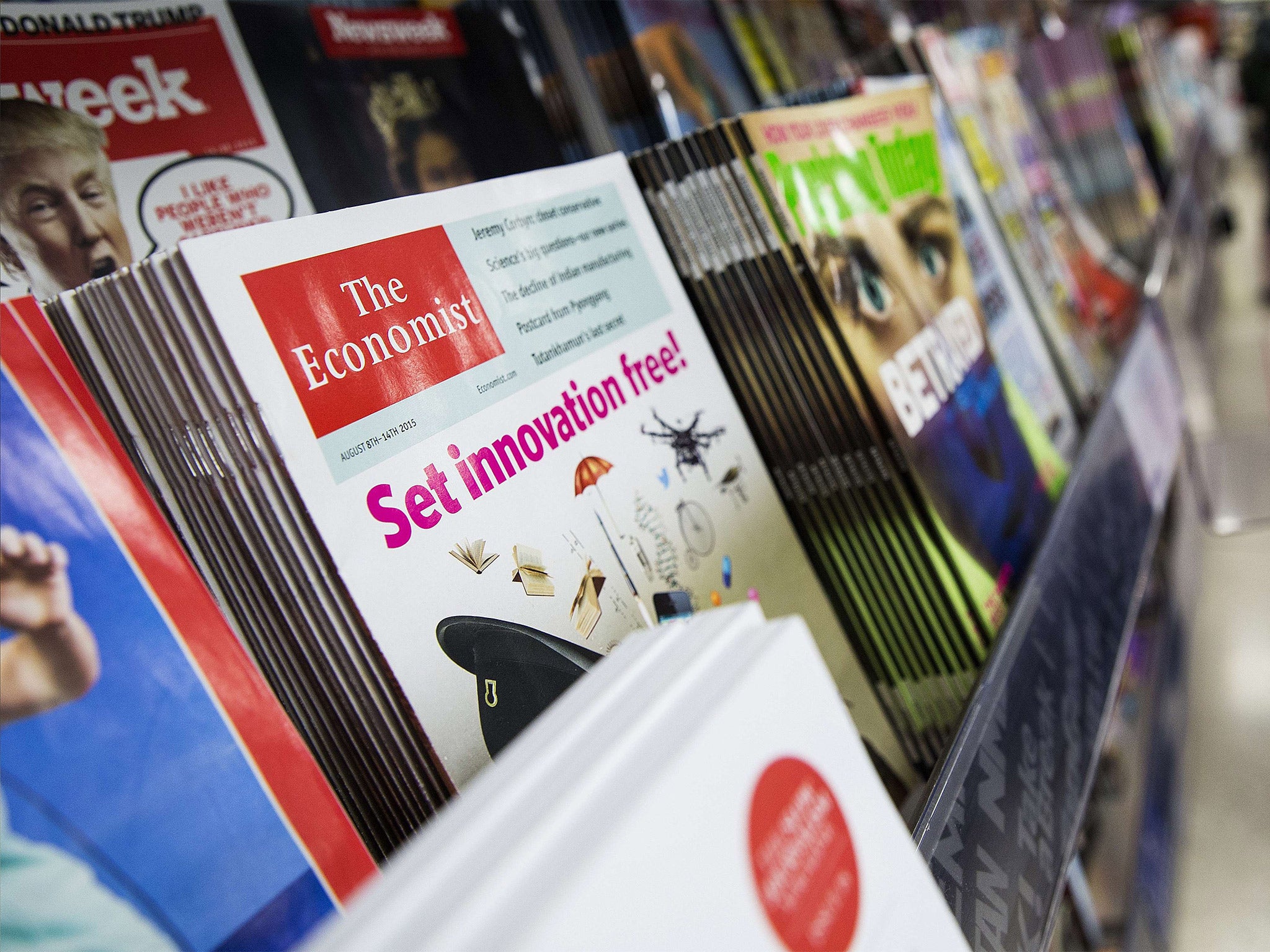Pearson turns page on The Economist
After selling the Financial Times, the media group has announced the sale of its stake in the weekly magazine to the Agnelli family and a group of other super-rich families. Simon Neville explains why the deal suits all concerned

Pearson has sold its 50 per cent stake in The Economist for £469m, less than a month after the company unloaded its other flagship publication, the Financial Times, to Japan’s Nikkei, cashing in £1.3bn worth of assets in less than three weeks.
The new owner, Exor, which is part of the powerful Italian Agnelli family, already had a 4.7 per cent stake in the magazine and the Economist Intelligence Unit. The deal leaves Pearson to focus on its education division.
The Agnelli family now has a 43.4 per cent stake in The Economist, with the remainder snapped up by other shareholders including the Cadbury, Layton, Rothschild and Schroder families.
The Agnellis already have a hand in several media and publishing businesses including Bantham Books, Random House, Le Monde, RCS MediaGroup, Italiana Editrice and Banijay Group. But the family’s reach extends beyond publishing, as it also owns the property agent Cushman & Wakefield; the Turin football club Juventus; Almacantar, the owner of London’s Centre Point; and a controlling stake in Fiat Chrysler Automobiles.
John Elkann, the chief executive of Exor and the grandson of Fiat’s founder, Gianni Agnelli, said: “We are convinced of the huge potential that still lies ahead and particularly in The Economist’s ability to seize the many development opportunities linked to the digitisation of the media industry.”
The £469m price tag was higher than expected and sees Exor spending £287m for its larger stake.
Exor, which holds about 29 per cent of Fiat Chrysler, has recently been trying to diversify its portfolio away from the capital intensive and cyclical car industry. It first bought into The Economist in 2009.
The Economist had a paid circulation, including digital subscriptions, of 1.6 million a week at the end of 2014. Last year it had operating profits of £60m and contributed £21m to Pearson’s operating income.
However, top-line revenues at the magazine have been falling for the past three years, which has been due to a drop-off in print advertising.
Pearson is expected to use the proceeds of both sales to reduce debt.
Join our commenting forum
Join thought-provoking conversations, follow other Independent readers and see their replies
Comments
Bookmark popover
Removed from bookmarks